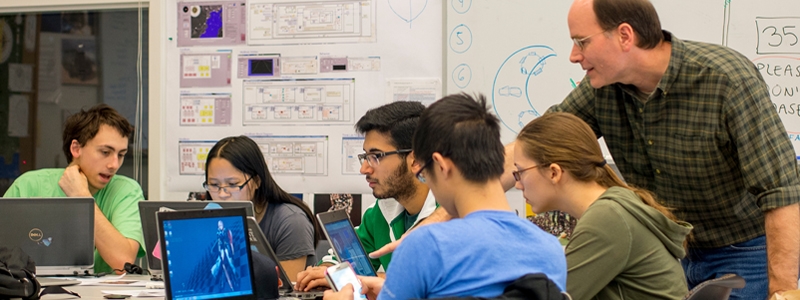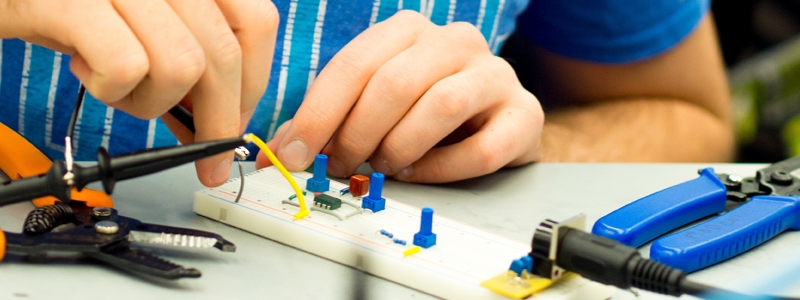Olin College of Engineering
F. W. Olin Foundation
Country: USA
Visit Website
Innovation: Disruptive
Where it happens: School
Trends: 21st Century Skills | Personalized Learning | Hands-on Learning | Community Based Learning
Over the last 12 years this American university has become a benchmark in the teaching of engineering and encouraged a transformation in traditional teaching methods. Hands-on teaching comes before theoretical study, and students are encouraged to be more autonomous in their studies while professors act more as mentors.
Country: USA
Visit Website
Innovation: Disruptive
Where it happens: School
Trends: 21st Century Skills | Personalized Learning | Hands-on Learning | Community Based Learning
Over the last 12 years this American university has become a benchmark in the teaching of engineering and encouraged a transformation in traditional teaching methods. Hands-on teaching comes before theoretical study, and students are encouraged to be more autonomous in their studies while professors act more as mentors.
Country: USA
Visit Website






